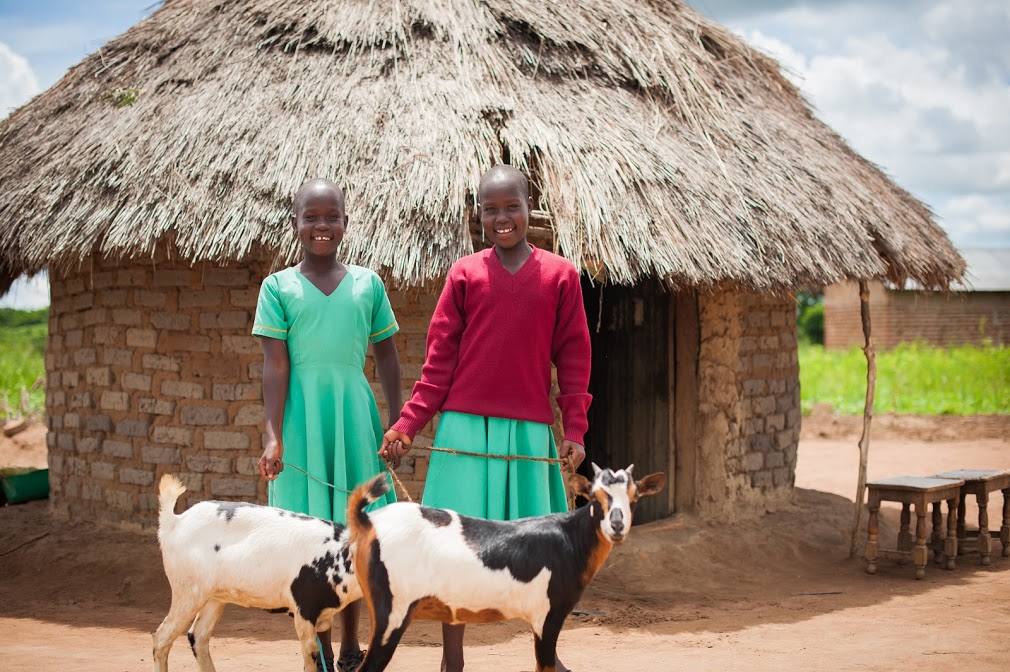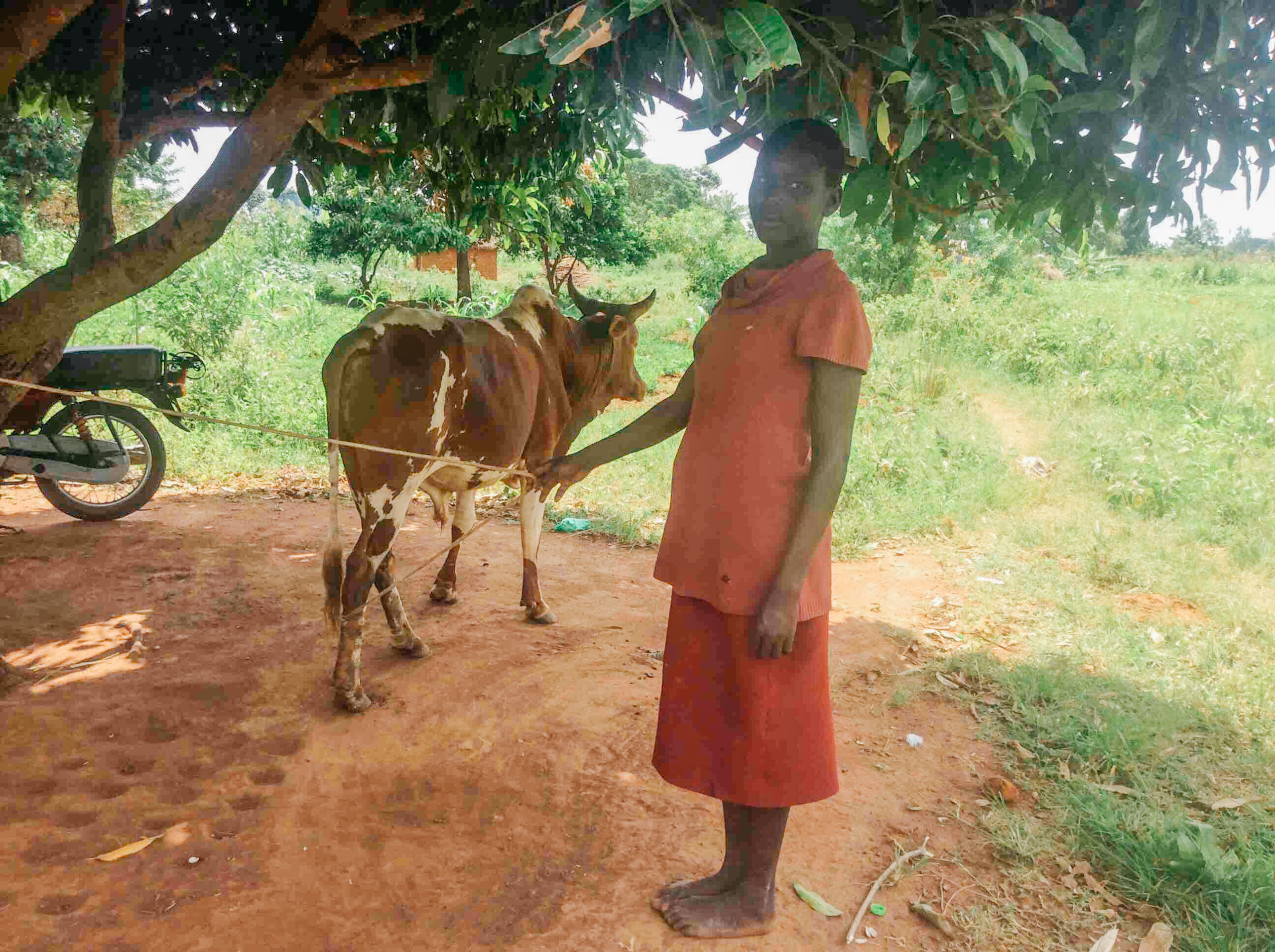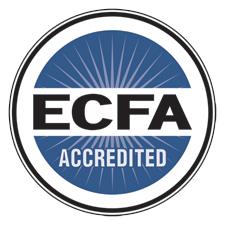Agricultural initiatives can provide additional nutrition support for families, which is especially crucial as impoverished families around the world experience hunger and food shortages during the coronavirus pandemic. It is easy to see how home and community gardens, along with animal husbandry projects, promote physical health.
But what is the emotional impact of agriculture in the lives of vulnerable families?
Growing your own source of food is purposeful and promotes feelings of resilience and independence.
In addition to meeting the physical needs of hunger, Children’s HopeChest works toward minimizing the handout mentality and empowering people living in poverty to have hope and take ownership of their future.
These three families in Uganda experienced increased independence and hope after CarePoint staff supported them with home gardens and animal husbandry projects!
1.
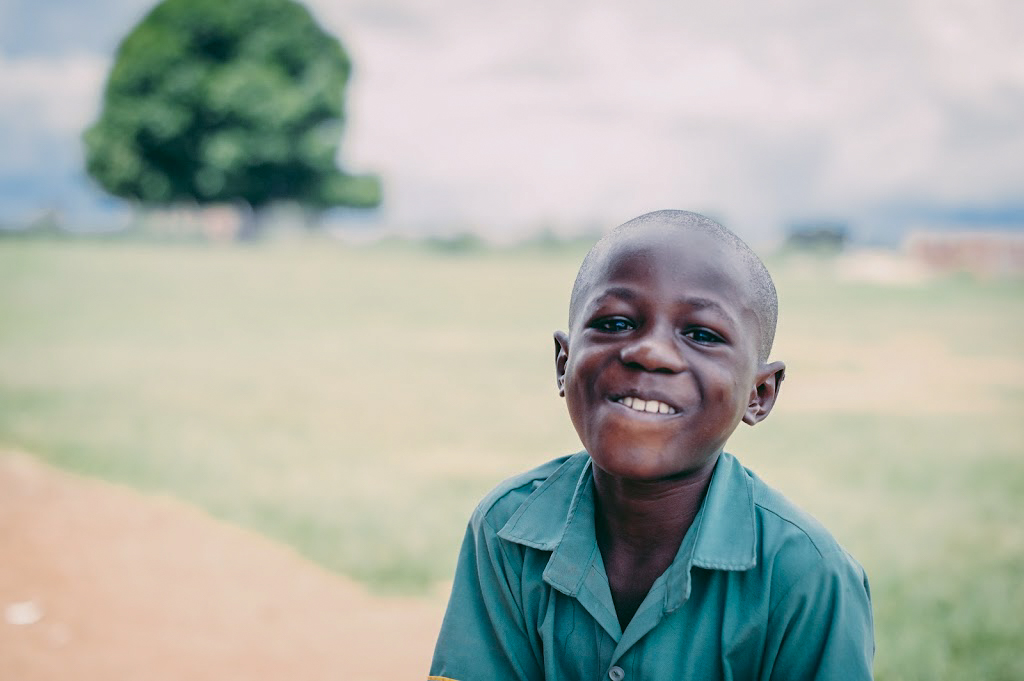
“Go take food from our neighbor’s garden.”
This single father’s request to his son was made out of desperation. For some children in the vulnerable communities that HopeChest serves, children’s only meal of the day may come from the local CarePoint.
The Katuba CarePoint staff in Uganda heard about this child’s story and moved quickly to provide both critical food support for the family, and also creatively think through long-term solutions. They decided on planting a garden with the father so the family would have their own source of food to take ownership of.
Their garden has grown to produce over 60 plants, which they can eat for nutritious meals and also sell to others! The boy no longer has to steal food for his family, and his family is experiencing dignity at being able to grow their own food.
2.
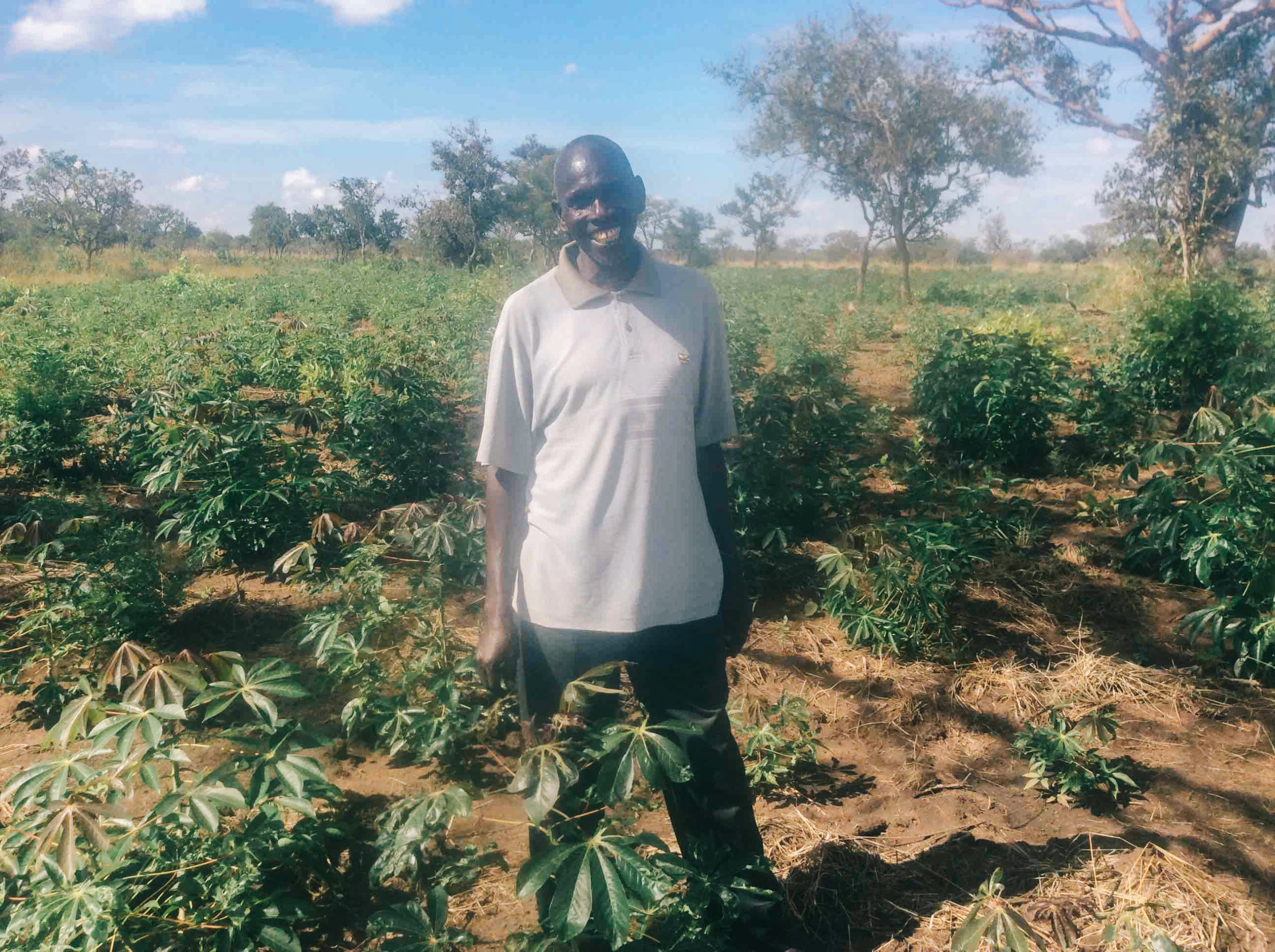
Meet Paul! He was recently able to pay for his children’s school fees by selling sunflower seeds. And this is a huge accomplishment, because he has 14 children!
It has been difficult for him at 62 to care for such a large family and provide for their critical needs. When his wife had joined the oxen project at Adacar CarePoint in Uganda, she used the bulls at the CarePoint to plough two gardens of sunflower and received five bags at harvest. She sold some of the bags and used the money to plant cassava, which they use for additional nutrition in their family and also to sell in the community!
Paul says, “Since the establishment of the oxen project, people’s lives have changed because they have understood how to work as a group. Members take care of and look after the bulls well. I got five bags of sunflower which helped to pay for school fees for my children.”
3.

“I cannot imagine being in this coronavirus lockdown without my bull, which has been a resource to our family. Can you imagine that, young as I am, I am so resourceful,” says Winnie, a 14-year-old girl living in Uganda and attending Bukedea CarePoint.
Through Bukedea’s goat project, Winnie was given a goat, which had babies and eventually allowed her to exchange her goats for a bull. She is able to make money from her bull by renting it to farmers to plow their fields, and it also helps Winnie’s family to plow their own garden.
“I believe we are going to have enough food this season at home,” she exclaims.
Winnie, Paul, and the boy who no longer has to steal for his family have all experienced transformational hope through agricultural and animal husbandry projects. CarePoint staff walk each family through the steps of caring for and cultivating their assets, so they can be empowered to care for themselves and those they love. Being able to grow enough food to feel secure during a global health crisis is a great accomplishment. At Children’s HopeChest, we are seeing hope being restored in families and communities around the world.
_________________________________________________________
You can ignite hope and dignity for families struggling with food insecurity during the COVID-19 season by making a meaningful donation.

